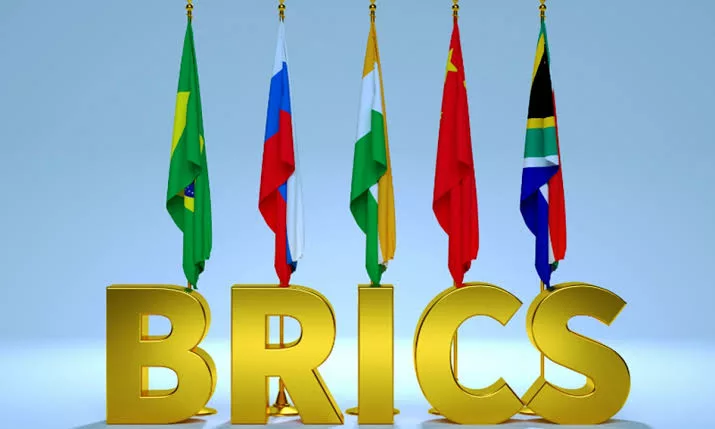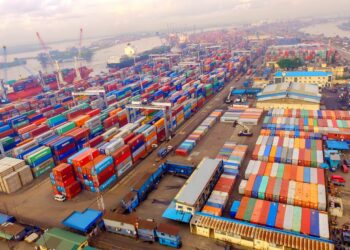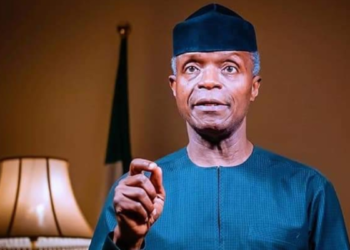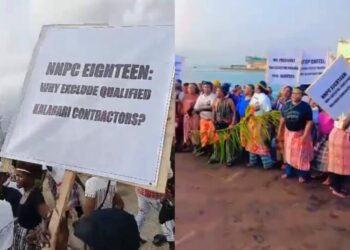In a significant development, the BRICS group of emerging-market nations is set to double its membership, welcoming five new countries—Saudi Arabia, Iran, the United Arab Emirates, Ethiopia, and Egypt—into its fold on January 1, 2024.
This expansion comes after the existing members—Brazil, Russia, India, China, and South Africa—extended invitations to six other nations in August, thereby creating a coalition of major energy producers and significant consumers in developing countries.
Argentina was the only nation to decline the invitation, a decision influenced by President Javier Milei’s reversal of his predecessor’s membership bid upon taking office this month. In a noteworthy move, representatives from the five new invitees actively participated in a BRICS sherpa meeting held in Durban, South Africa, earlier this month.
This participation served as a clear signal of their acceptance of the invitation to join, as conveyed by Anil Sooklal, Pretoria’s ambassador to the bloc, in an interview on Friday. Following this, the new members are expected to send officials to a sherpa meeting scheduled to take place in Moscow on January 30.
While around 30 countries expressed interest in forming connections with the bloc, as reported by Russian Foreign Affairs Minister Sergey Lavrov this week, Nigeria, despite attending the group’s summit in South Africa, did not display a concrete show of interest in becoming a member.
However, Africa’s most populous nation and biggest economy aims to join BRICS within the next two years, as articulated by minister of foreign affairs Yusuf Tuggar in November.
Established in 2009 as an informal alliance, the BRICS group, initiated by Russia, aims to provide a platform for its members to counter the dominance of the United States and its Western allies in the global order.
The expansion of the alliance is rooted in the quest for alternative arrangements to the existing global power balance, as highlighted by South African Foreign Minister Naledi Pandor. Collectively, the BRICS countries lay claim to 42 per cent of the world’s population, 30 per cent of the global landmass, and 24 per cent of the global economic output.
This expansion underscores the bloc’s commitment to fostering a more diverse and inclusive representation in the global geopolitical landscape.





